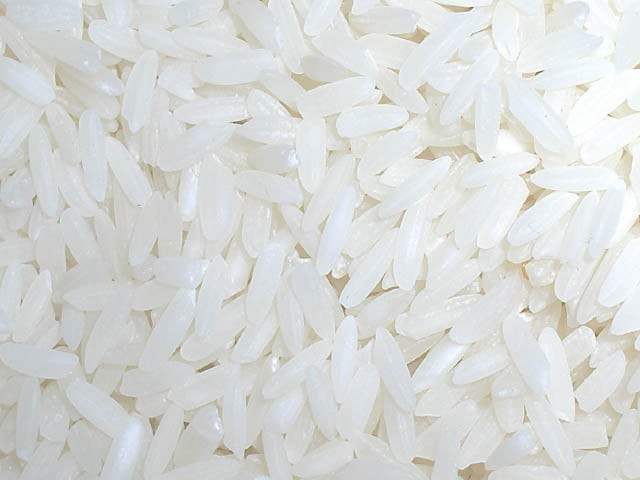Non-basmati production to fall almost 20%
Agricultural experts fear that gushing waters have washed away the nutrient- rich top soil of many agricultural areas.

“We had expected nonbasmati rice cultivation to yield about 4.5 million tons this year but due to flooding in various parts of Sindh, where much of this kind of rice is grown, we are now expecting up to 800,000 tons to be lost,” said Chairman of Rice Exporters Association of Pakistan (Reap), Malik Jahangir, on Wednesday.
Jahangir explained that Larkana, Jacobabad, Shikarpur and Dadu districts are the main areas in Sindh where non-basmati rice is cultivated. Large parts of these districts have been flooded in recent days.
Irrigation officials have also warned that fresh flooding may also be witnessed in many of these areas. Many of the crops that were cultivated in these areas have been destroyed.
Agricultural experts also fear that gushing waters have washed away the nutrient- rich top soil of many agricultural areas. They say that farmers may not be able to achieve high yields and in some of the worst affected areas, cultivate crops at all for the next few years.
Cultivation of high-quality basmati rice has also been affected although not as badly as non-basmati varieties.
“Most of the areas where basmati is grown are in Punjab and have not been affected significantly by the floods,” commented the Reap chairman.
Meanwhile, prices of rice have increased in local markets during Ramazan. Supplies have been affected due to flooding, Reap officials said, adding that transportation from fields to mills and then to markets is difficult and more costly because of the flooding.
Jahangir asserted that because of supply constraints, the price of basmati rice has increased by Rs10 to Rs70 per kilogramme in wholesale markets while rates of nonbasmati rice have risen by Rs5 per kilogramme.
Last month, the United Nation’s Food and Agriculture Organisation (FAO) issued a report that said Pakistan would lead an increase in global rice exports.
The FAO report had also predicted the country’s paddy production for 2010 to be about 10.2 million tons, 0.1 million tons higher than the previous year.
The report had cited that non-basmati varieties of rice are leading export growth for the country. This means that downgraded estimates for production of non-basmati rice will also likely hurt the country’s export prospects.
Experts point out that earlier in the year, non-availability of water had been a cause of concern for farmers. They say that while production of basmati rice will probably not suffer much, achieving record exports may not be a feat that can be accomplished, at least not this year.
Published in The Express Tribune, August 19th, 2010.



















COMMENTS
Comments are moderated and generally will be posted if they are on-topic and not abusive.
For more information, please see our Comments FAQ